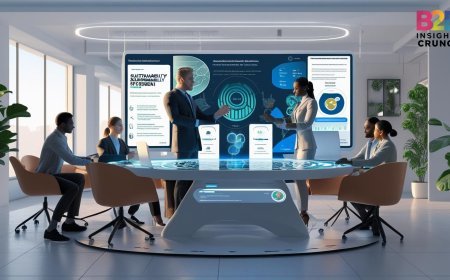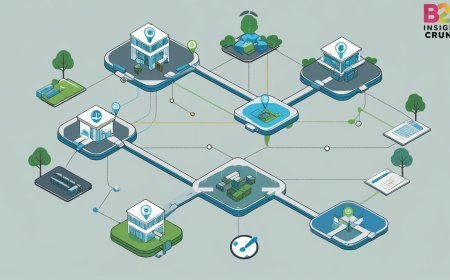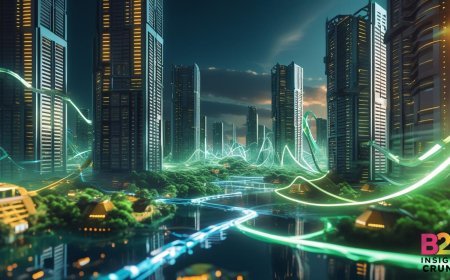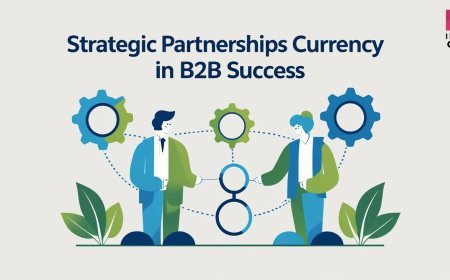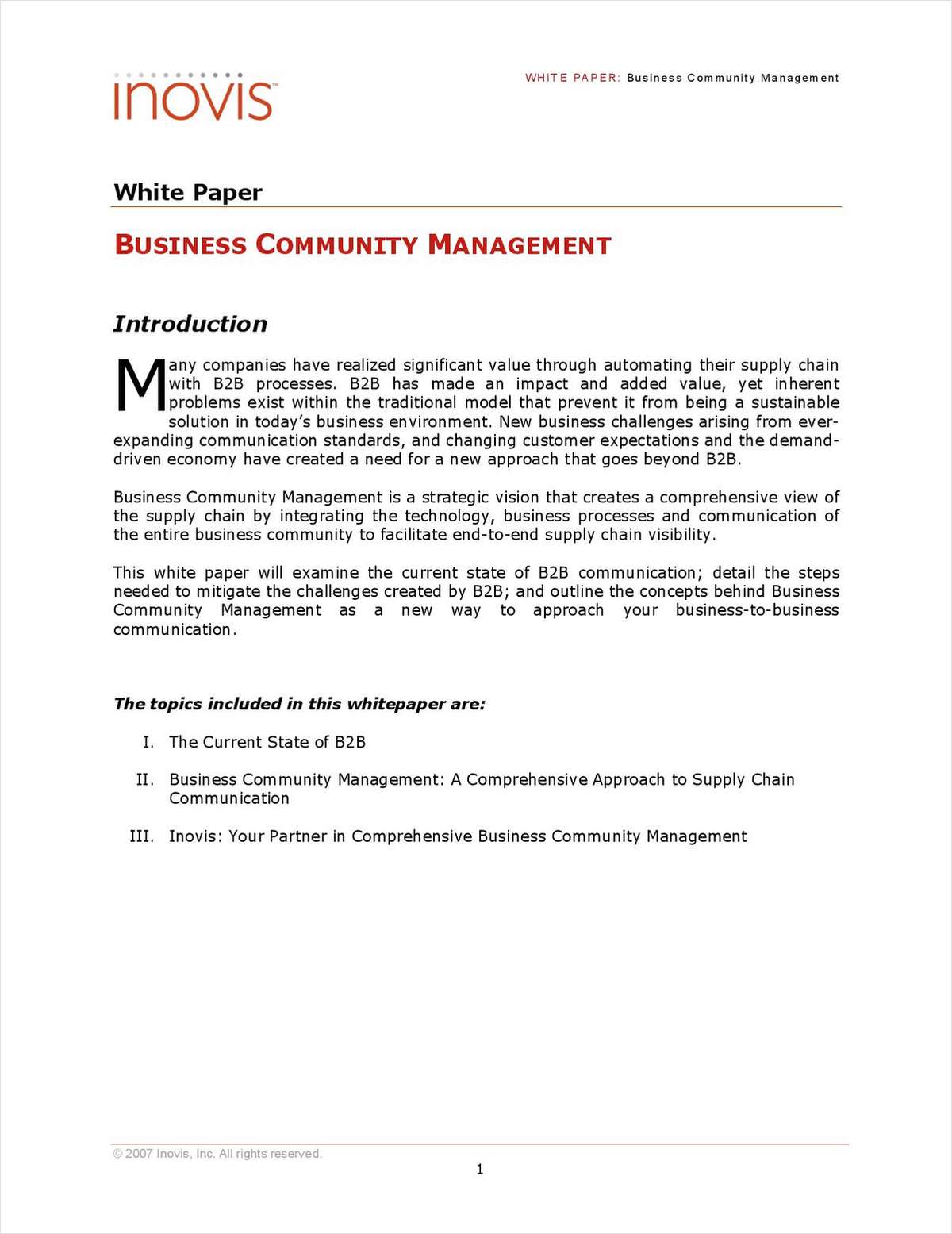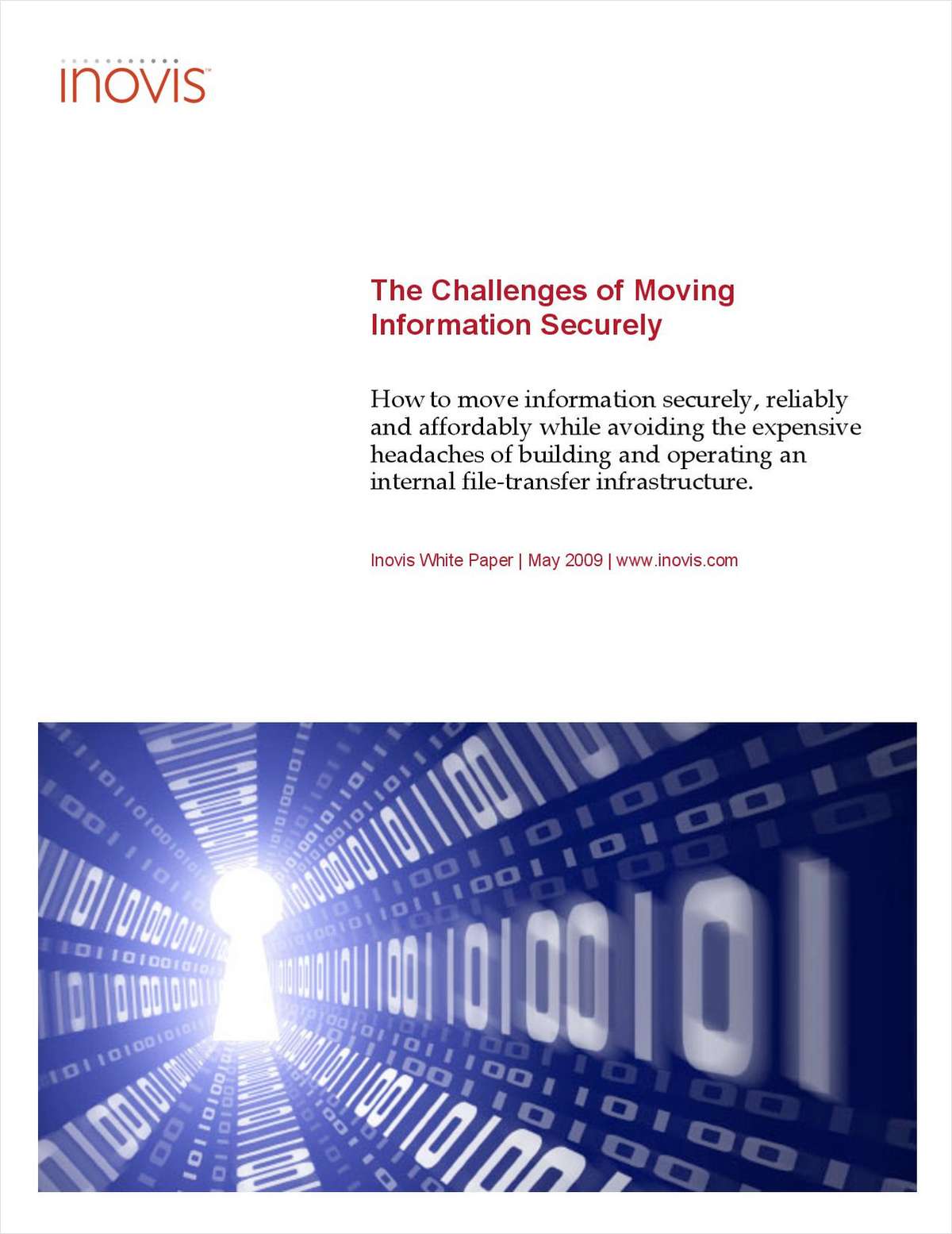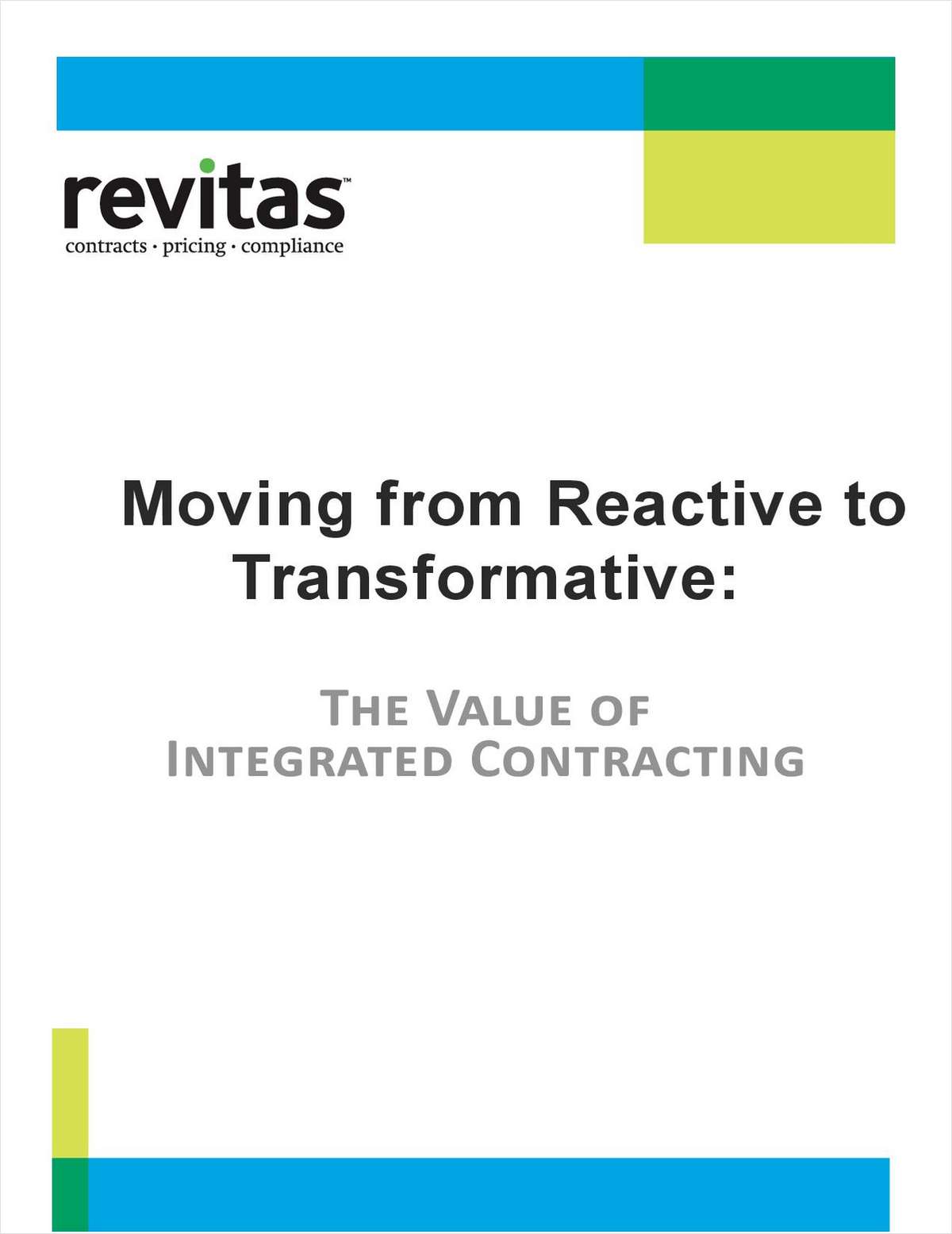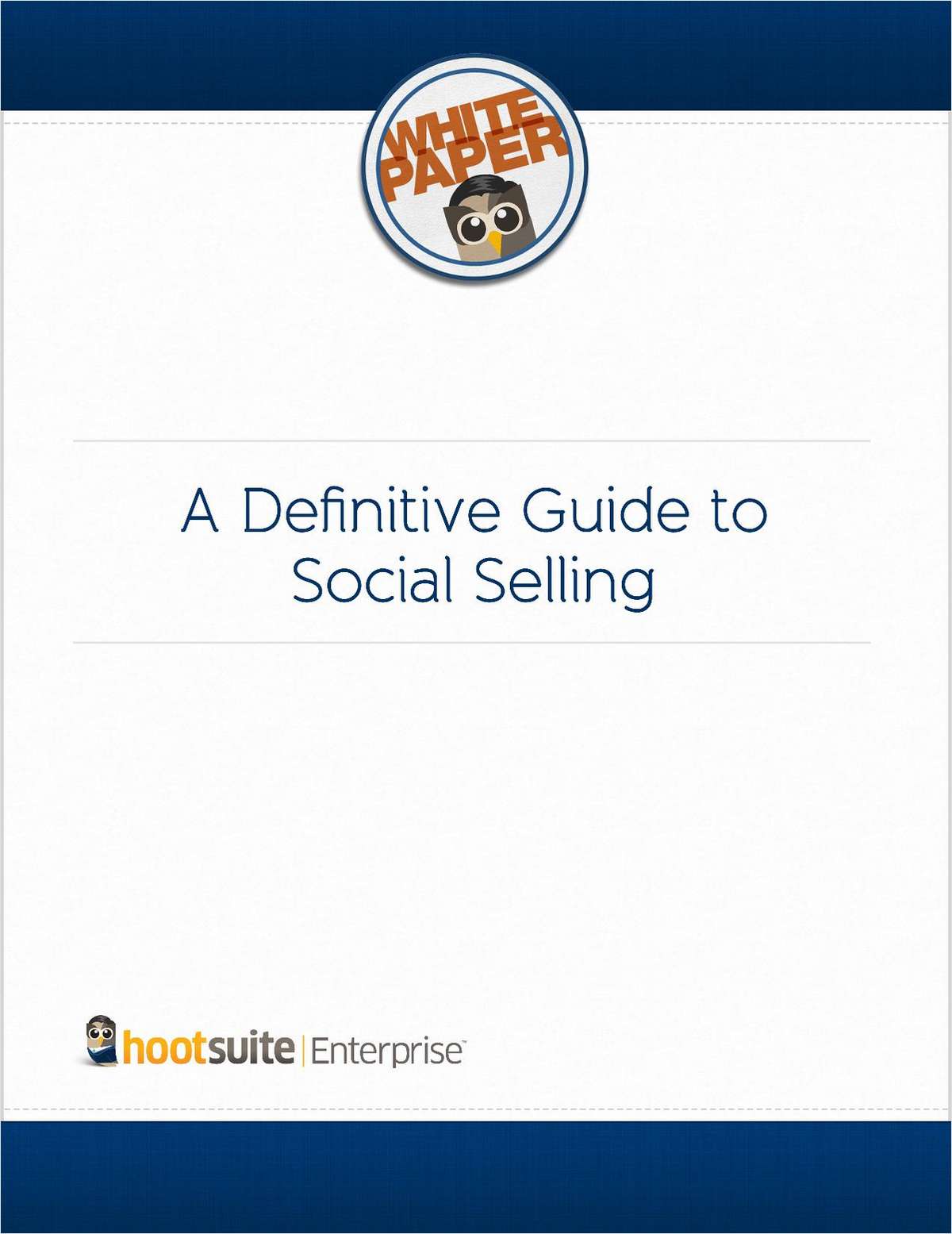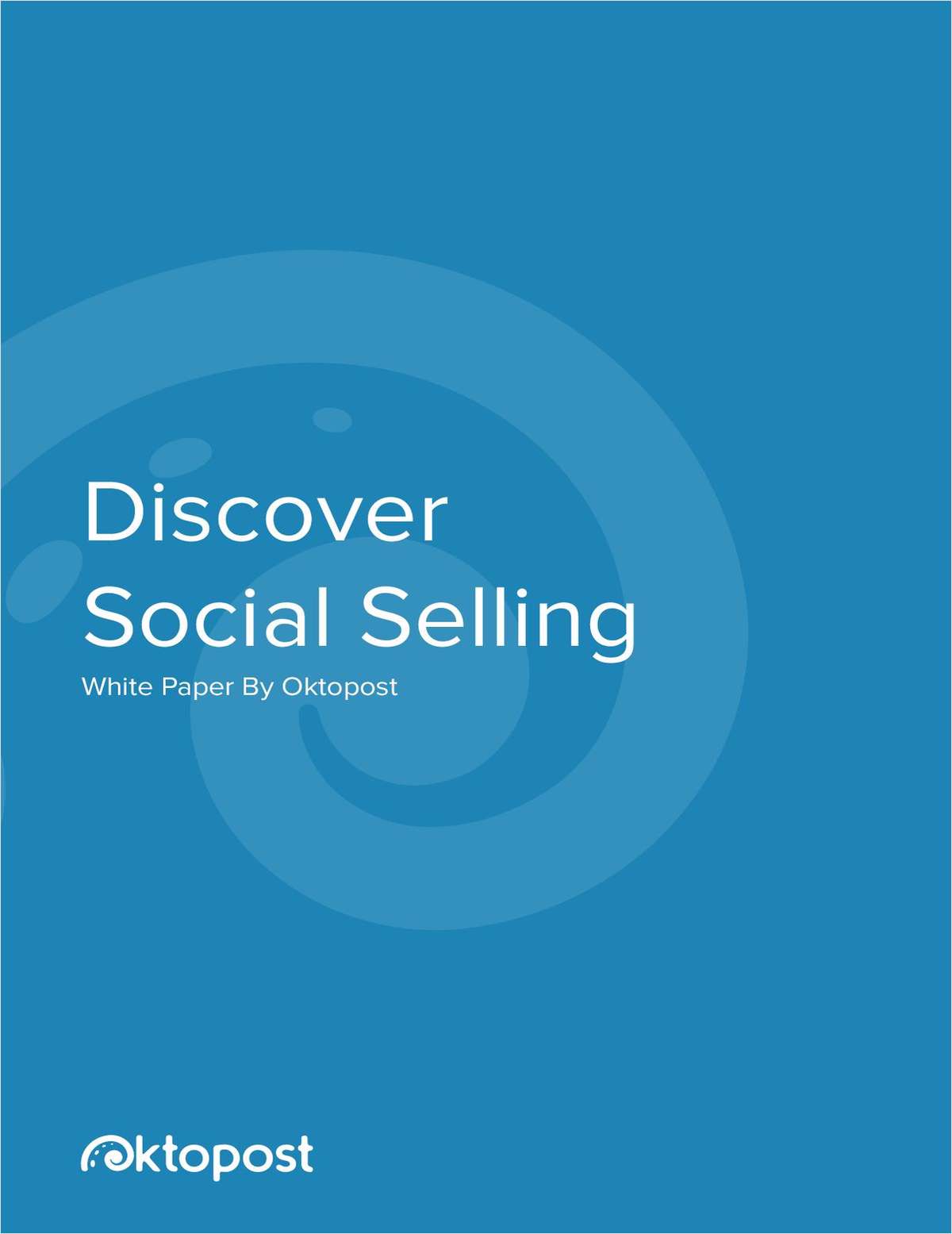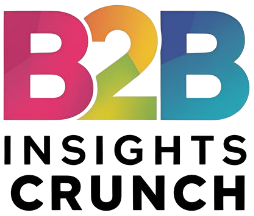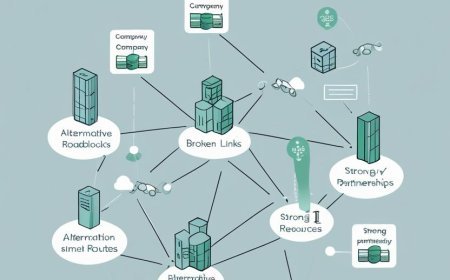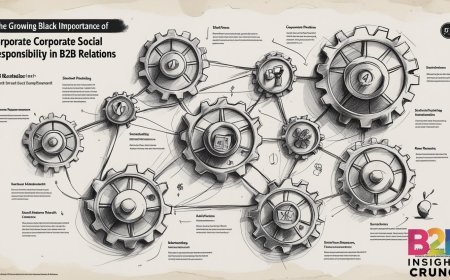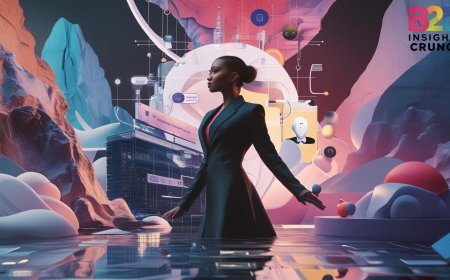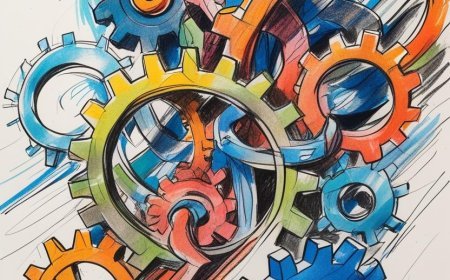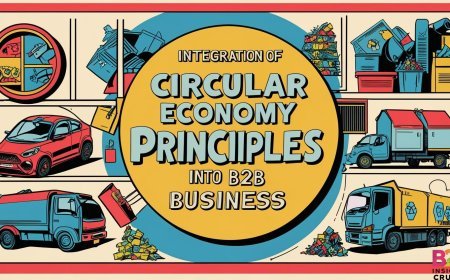The Evolution of B2B Buyer Behavior in 2025
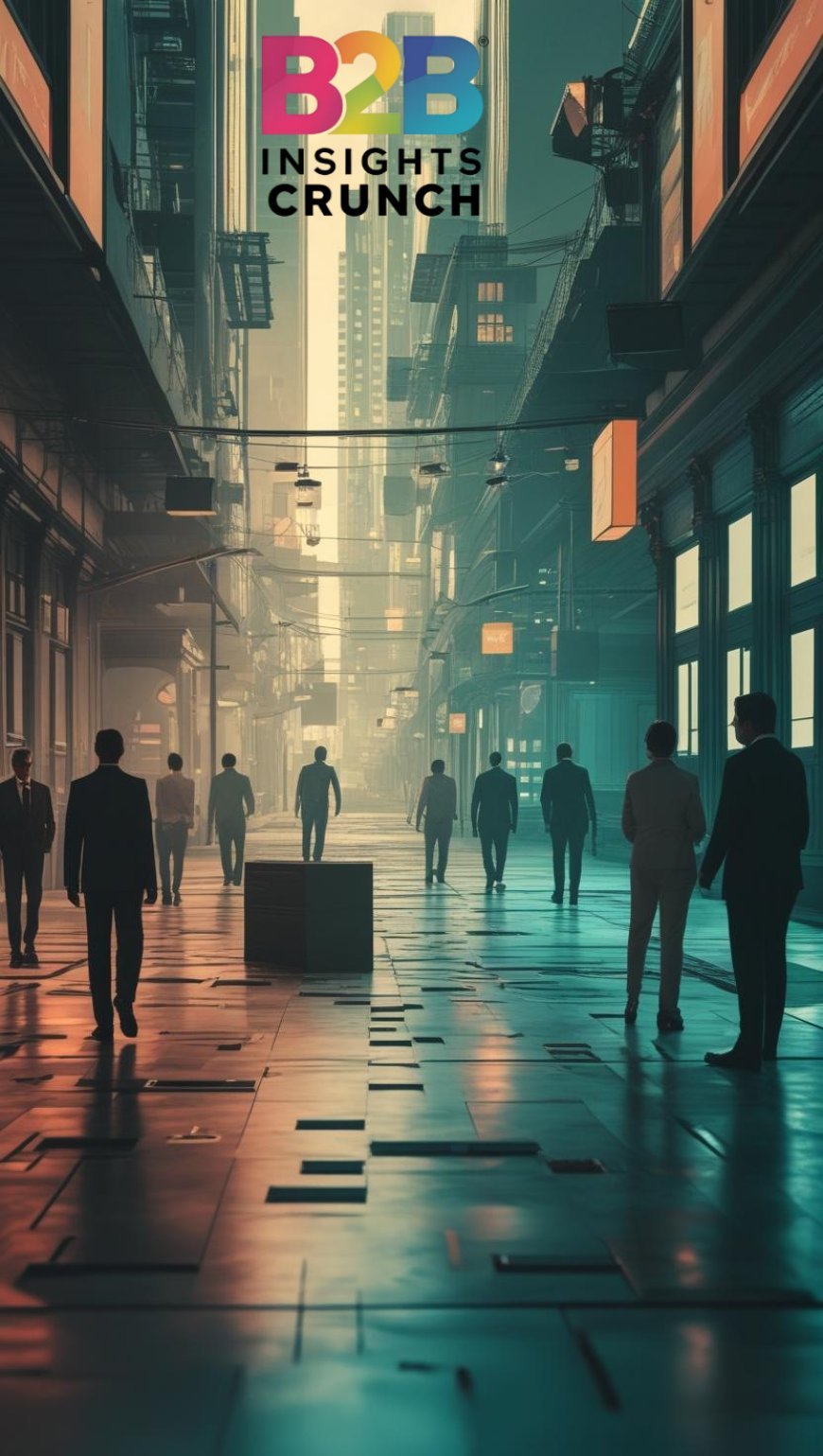
The Evolution of B2B Buyer Behavior in 2025
The world of B2B buying is undergoing a profound transformation as we approach 2025. Gone are the days when business purchases were driven solely by price or product specifications. Today, B2B buyers behave more like their B2C counterparts, bringing heightened expectations, more research, and a desire for personalized, seamless experiences. This evolution reflects broader changes in technology, workplace culture, and market dynamics that are reshaping how businesses make decisions.
One of the biggest shifts in B2B buyer behavior is the emphasis on self-education. Buyers now prefer to gather as much information as possible on their own before ever engaging with a sales representative. The internet, industry forums, reviews, and digital content have empowered buyers to become well-informed and highly selective. By the time they reach out to suppliers, they often have clear expectations and detailed questions, making traditional sales pitches less effective. This means businesses must invest in rich, relevant content that educates and builds trust early in the buying journey.
The rise of younger generations in decision-making roles is also influencing how B2B purchases are made. Millennials and Gen Z professionals bring new preferences for transparency, authenticity, and quick access to information. They favor digital channels like social media, webinars, and virtual events over face-to-face meetings. This change pushes companies to rethink their engagement strategies and embrace digital-first approaches that align with these buyers’ expectations.
Moreover, collaboration and consensus-building are becoming more central to B2B buying processes. Decisions are rarely made by a single individual. Instead, cross-functional teams evaluate options together, balancing factors like cost, compatibility, sustainability, and long-term value. This collective approach demands that sellers provide clear, comprehensive information that addresses the concerns of diverse stakeholders-from technical experts to finance teams and sustainability officers.
Technology continues to shape buyer behavior by enabling faster, data-driven decisions. Advanced analytics, AI-powered recommendations, and automated procurement systems help buyers compare options and predict outcomes with greater confidence. Buyers expect suppliers to integrate seamlessly with their own platforms, making the purchasing experience efficient and frictionless. Companies that fail to adapt risk being left behind as buyers gravitate toward partners who offer not just products but holistic solutions supported by smart technology.
Personalization is another key factor in the changing landscape. B2B buyers expect experiences tailored to their unique needs and industry challenges. Generic, one-size-fits-all approaches no longer resonate. Successful businesses leverage customer data and insights to craft customized interactions, from targeted marketing campaigns to personalized proposals and ongoing support. This level of care helps build loyalty and differentiates companies in a competitive market.
Trust remains the foundation of all B2B relationships, but it is evolving in its expression. Buyers are more socially and environmentally conscious, favoring suppliers who demonstrate ethical practices and sustainability commitments. Transparency about sourcing, labor conditions, and environmental impact can influence purchasing decisions as much as price or performance.
Looking ahead to 2025, B2B buyer behavior will continue to be dynamic and complex. Businesses that understand these evolving needs and adapt with empathy, technology, and agility will thrive. The future belongs to companies that see their buyers as partners on a journey, not just customers to be sold to. By prioritizing transparency, personalized experiences, and collaborative engagement, B2B sellers can build lasting relationships that drive mutual success in a rapidly changing marketplace.
